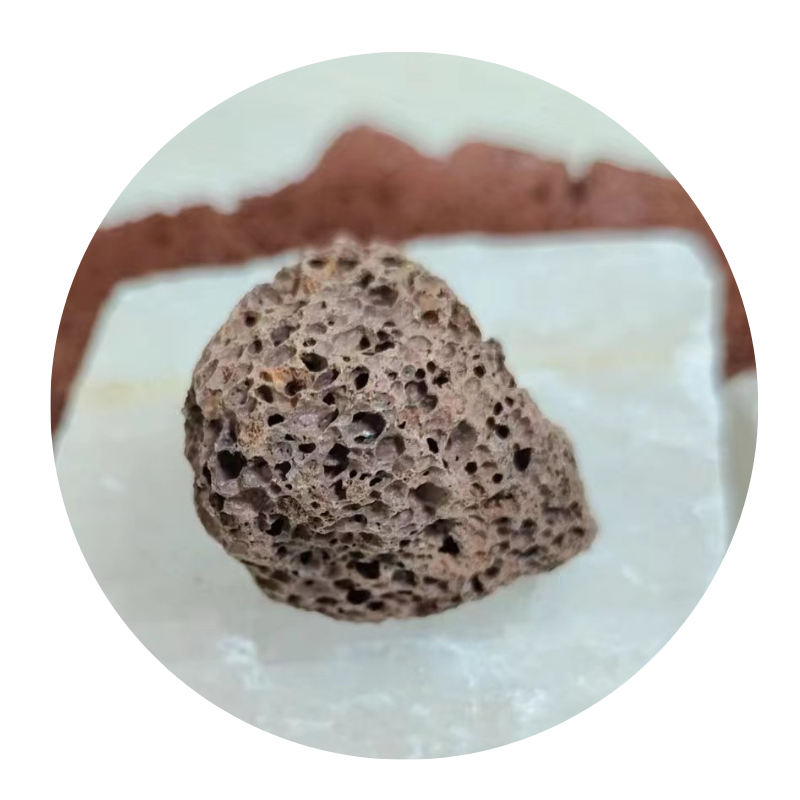
use of calcium carbonate in industry
The Use of Calcium Carbonate in Industry
Calcium carbonate (CaCO3) is a versatile chemical compound that plays a crucial role in various industrial applications. Found naturally in geological formations such as limestone, marble, and chalk, calcium carbonate is not only abundant but also economical, making it a favored choice across multiple sectors.
One of the primary uses of calcium carbonate is in the paper industry. It serves as a filler and coating pigment, enhancing the brightness and smoothness of paper. The addition of calcium carbonate to paper results in improved printability and opacity, allowing for higher quality printed materials. Additionally, it helps to reduce manufacturing costs by substituting more expensive raw materials while maintaining the integrity of the final product.
In the construction sector, calcium carbonate is utilized as a fundamental ingredient in cement and concrete. It acts as a filler, providing strength and durability to construction materials. The production of lime, from calcium carbonate through calcination, is another critical industrial application. Lime has various uses, including water treatment, soil stabilization, and as a key component in the production of glass.
The plastics industry also heavily relies on calcium carbonate. It serves as a cost-effective filler that improves the processing and physical properties of plastic products. By incorporating calcium carbonate, manufacturers can enhance the stiffness, impact resistance, and opacity of plastic materials, making them more suitable for various applications, from packaging to automotive components.
use of calcium carbonate in industry

Furthermore, the food and pharmaceutical industries employ calcium carbonate as a calcium supplement and acidity regulator. It is considered safe for consumption, and its use in nutritional supplements is prevalent, benefiting those who need to increase their calcium intake. Additionally, it acts as an antacid, helping to alleviate heartburn and indigestion.
In agriculture, calcium carbonate is a key component in soil amendment. It helps to neutralize acidic soils, enhancing soil quality and promoting healthy crop growth. By improving nutrient availability and soil structure, it contributes significantly to agricultural productivity.
Environmental applications of calcium carbonate have also gained importance. It is used in flue gas desulfurization processes to reduce sulfur dioxide emissions from power plants. By capturing and neutralizing harmful gases, calcium carbonate helps industries comply with environmental regulations and contributes to cleaner air.
Lastly, the cosmetic and personal care industry utilizes calcium carbonate in various products, including toothpaste and skin creams. Its mild abrasive properties make it effective for polishing and cleaning, while its non-toxic nature ensures safety for consumers.
In conclusion, calcium carbonate is a critical raw material in numerous industries, from paper and construction to food and agriculture. Its versatility, abundance, and cost-effectiveness make it an invaluable resource. As industries continue to evolve, the demand for calcium carbonate is likely to increase, driving innovations and new applications that harness its unique properties. The future of calcium carbonate in industry not only looks promising but also essential for sustainable industrial practices.
Share
-
Premium Resin Coated Sand - High Heat Resistance CastingNewsJul.31,2025
-
High Quality Silicon Carbide Grit for Abrasive ApplicationsNewsJul.30,2025
-
High-Quality Ceramsite for Plants & Gardening | Lightweight PebblesNewsJul.29,2025
-
Premium Burgundy Glass Marbles for Vases & Shooter GamesNewsJul.29,2025
-
High Purity Quartz Sand for Industrial and Ground ApplicationsNewsJul.29,2025
-
High-Quality Barite Powder for Drilling & Industrial UseNewsJul.29,2025






